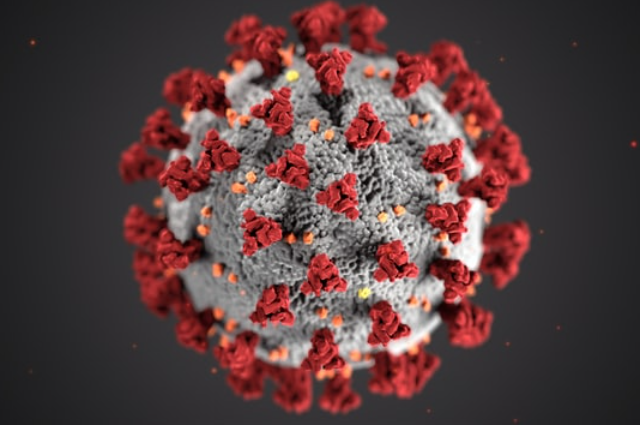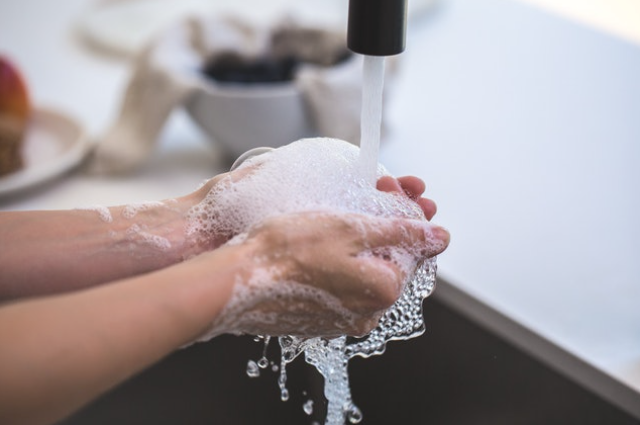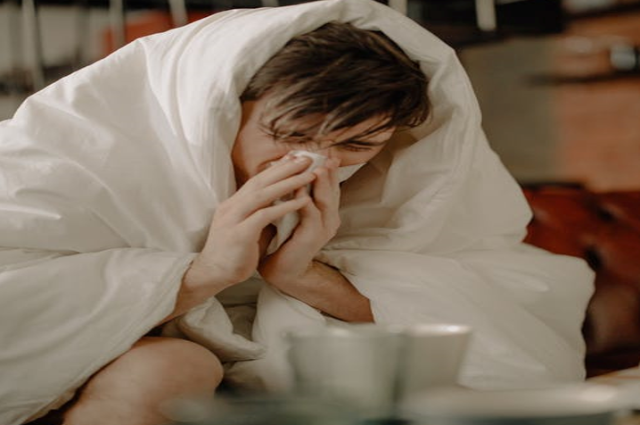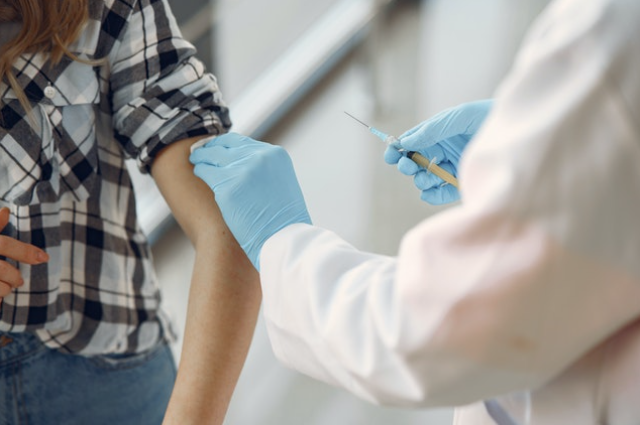
“We are in this together - and we will get through this, together”
-Antonio Guterres - UN Secretary General
In a few months from now, 2 years will have passed since a person first showed the symptoms of coronavirus disease (COVID—19). The novel virus, severe acute respiratory syndrome coronavirus 2 (SARS-COV-2) started with one person and then spread like wildfire throughout the world resulting in a global pandemic and thereby disrupting our lives in a way which no one could have ever imagined.
However, like every other hardship that we may come across, the era of coronavirus is also temporary. In fact, some countries where a large section of the population are vaccinated have eased the restrictions and resumed their normal lives to some extent. Nevertheless, the need of the hour is that we educate ourselves to be safe from being victims of this deadly disease.
Mode of transmission and symptoms:
As of 31st July, 2021, a total of 4.23 million people have died globally (data provided by Worldmeter) due to COVID-19, securing a spot among the deadliest pandemics in history. But before we learn about the necessary precautions that must be followed to render ourselves free from COVID infection it is important to firstly have an idea of how the virus can be spread and also a thorough knowledge of its symptoms would be very much beneficial.
COVID-19 is spread mainly through the following three ways:
- Breathing in air which is exhaled by an infected person releasing small droplets and particles that contain the virus.
- When the droplets and particles containing virus land on the eyes, nose, or mouth, especially through splashes and sprays like a cough or sneeze.
- Touching eyes, nose, or mouth with hands that have the virus on them.
People with COVID-19 are reported to experience a wide range of symptoms ranging from mild symptoms to severe illness. Following symptoms could indicate an infection from COVID-19: Fever or chills, cough, shortness of breath or difficulty breathing, fatigue, muscle or body aches, headache, new loss of taste or smell, sore throat, congestion or runny nose, nausea or vomiting and diarrhoea.
General precautions to follow:

There are 3 basic precautions which we must follow religiously in order to drastically reduce the chances of getting COVID infection: to wash hands with soap and water for at least 20 seconds or use sanitizers (preferably those with at least 60%alcohol), to wear good quality and effective masks (e.g. N95 masks) wherever necessary and lastly to practice social distancing (1metre and above recommended). It is also advised that one should avoid touching their eyes, nose and mouth with unwashed hands.
Who all are more susceptible to the risk of infection?
Older adults (60 years and above) and people with underlying medical conditions which affect their immune system such as chronic lung diseases, diabetes, chronic kidney diseases, heart conditions etc are more susceptible to get a severe illness due to covid-19. When a person from high risk group starts showing symptoms a doctor should be consulted as soon as possible.
Quarantine and isolation:
There is a difference between these two terms although used synonymously by some people. According to World Health Organization (WHO), the quarantine of persons is the restriction of activities or the separation of persons who are not ill but who may have been exposed to the virus, with the objective of monitoring their symptoms and ensuring the early detection of cases. While isolation is the separation of ill or infected persons from others to prevent the spread of infection or contamination. WHO recommends that contacts of patients with laboratory-confirmed COVID-19 must be quarantined for 14 days from the last time they were exposed to the patient. A person is required to undergo quarantine if he had face-to-face contact (for more than 15mins) or travelled in close proximity with a COVID-19 patient within 1meter, provided direct care for infected patients without proper personal protective equipment (PPE) and other similar situations.
What’s next after testing positive?

The first step to be taken after getting a COVID positive diagnosis report is to consult a medical practitioner who can guide you or an infected family member in the best possible manner. In no circumstances is self-medication encouraged. Next step involves isolation of the infected person and care must be taken so that one does not share utensils with an infected person. Moreover, it is also advisable that people who were in close contact with the infected person over the past few days are informed so they can also start the quarantine process immediately. This can help prevent the further spread of the virus. The home isolation period for a positive patient can end if 14-17 days have passed after the onset of symptoms.
Importance of vaccination:

The best way to protect ourselves and others from getting infected with COVID-19 is by taking the full dose of COVID vaccine. There are currently two homegrown vaccines for the coronavirus: Covishield and Covaxin. Another vaccine which has been approved for use is Russia's Sputnik V. Interim data shows that Covaxin has an efficacy of 81% (Bharat Biotech) while Covishield has an efficacy of 81.3% after two doses. The longevity of immune response in vaccinated individuals is yet to be determined. As such, it is strongly recommended that proper precautions such as continuing the use of masks, handwashing, physical distancing and other COVID-19 appropriate behaviours are strictly followed even after the vaccination process.
In conclusion, getting a vaccine may be voluntary and although some people have fallen prey to rumours causing them to become reluctant on taking the vaccine, it is worthwhile to note that all approved vaccines for COVID-19 provide at least some immunity against the disease and hence, in my opinion taking full dose of a vaccine is a very wise choice one can make for themselves. And the sooner more people get vaccinated, the sooner will we be able to resume our normal lives.
